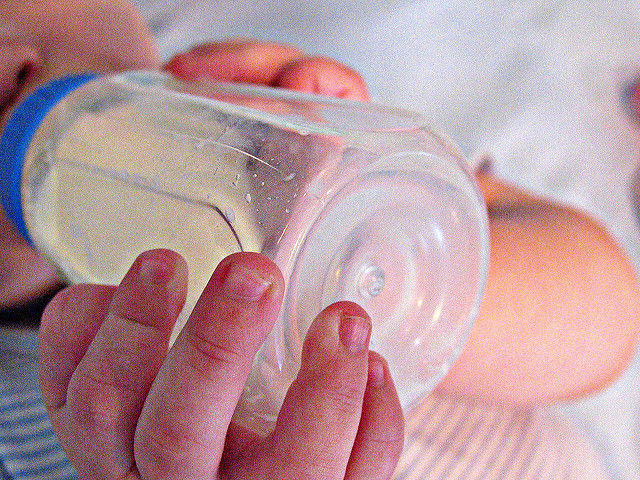The problem with BPA-free: Alternatives are just as troubling
Ars Technica » Scientific Method 2016-02-05

(credit: nerissa's ring)
BPA-free labels, blazoned on baby toys and beverage holders, are supposed to allay fears about the notorious chemical, previously used in sturdy plastics and epoxy resins. After all, bisphenol A (BPA) has been shown to impersonate hormones such as estrogen, and it is associated—though not definitely linked—to a broad range of health problems, including cancers and cardiovascular disease.
But the "BPA-free" label may simply be a meaningless marketing ploy.
A growing number of studies suggest that manufactures are swapping BPA for chemical cousins that have the same troubling activities in humans and animals. In a new study in Endocrinology, for instance, researchers found that a common BPA stand-in, bisphenol S (BPS), has nearly identical hormone-mimicking effects as BPA in zebrafish, a model organism used to study genetics and development. In the study, researchers found that BPS, like BPA, altered nerve cell development, changed the activity level of genes involved in developing the reproductive system, and caused early hatching (the fish equivalent of premature birth).